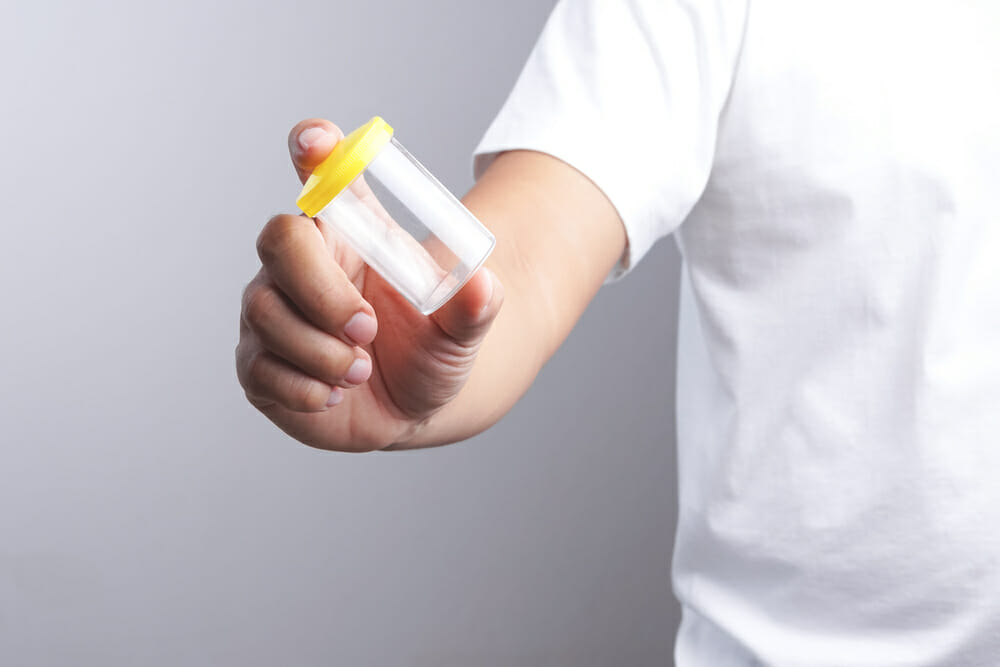Pre-employment drug testing can influence almost every stage of the hiring process. Whether your company hires one person a year or builds teams at scale, the decisions you make around drug testing affect timing, costs, candidate experience, and ultimately the quality of your hires. Building a thoughtful approach helps balance compliance, safety, and efficiency.
Timing and Candidate Experience
Drug testing adds another layer to the hiring timeline, and delays can occur when the process isn’t designed around candidate needs. The turnaround depends on the testing method:
- Lab-based tests usually return results within one to three business days.
- Rapid tests provide same-day answers but may cost more.
- Expanded panels or follow-up confirmations add additional time.
If results take too long, you risk losing qualified candidates to competitors. Setting expectations early and keeping candidates informed helps reduce frustration and improves acceptance rates.
Managing the Costs
Drug testing costs vary based on several factors, including type, frequency, and role-specific requirements:
- Standard five-panel tests are typically the most cost-effective and widely used.
- Comprehensive panels that include additional substances cost more but may be necessary for safety-sensitive roles.
- Additional fees—like scheduling complications or retesting—can increase overall expenses.
Small businesses can manage budgets by matching testing protocols to the risk level of each position instead of applying uniform requirements across the board.
Protecting Quality of Hires
Drug screening plays a role in ensuring workplace safety, but it also affects the reliability and overall quality of your hires—even in positions that aren’t safety-sensitive. For roles involving driving, operating heavy machinery, or caring for vulnerable populations, testing helps mitigate risks like accidents, liability, and reputational harm.
For non-safety-centric roles—like office staff, retail associates, or creative professionals—the considerations are different but still important. Consistent drug testing policies can help maintain productivity, reduce absenteeism, and foster a professional work environment. Even if the work doesn’t involve physical risk, impairment can affect collaboration, decision-making, and team performance.
Consistency is key. Applying testing policies evenly across similar roles helps avoid claims of discrimination and demonstrates fairness in hiring practices. Employees notice when policies are transparent and applied uniformly. When candidates understand expectations upfront and see that standards are enforced equally, it builds trust and strengthens the perception of an equitable workplace.
Compliance Considerations
State and federal regulations continue to evolve, and businesses must keep testing policies aligned with applicable laws. Some states limit when testing can occur, which substances may be screened, or how results are used in hiring decisions. Reviewing policies regularly reduces legal exposure and helps avoid disputes.
Building an Effective Program
A strong drug screening program focuses on balancing safety, efficiency, and candidate experience: Best practices include:
- Aligning testing requirements with job responsibilities.
- Choosing methods that support hiring timelines.
- Communicating expectations clearly from the start.
- Reviewing policies regularly to stay compliant.
With the right approach, pre-employment drug screening can protect your business while maintaining an efficient and respectful hiring process.

